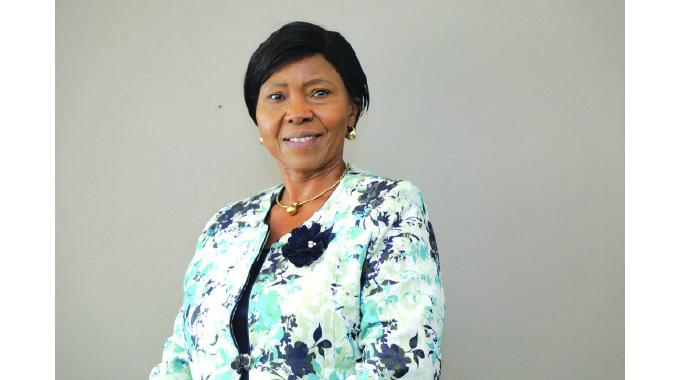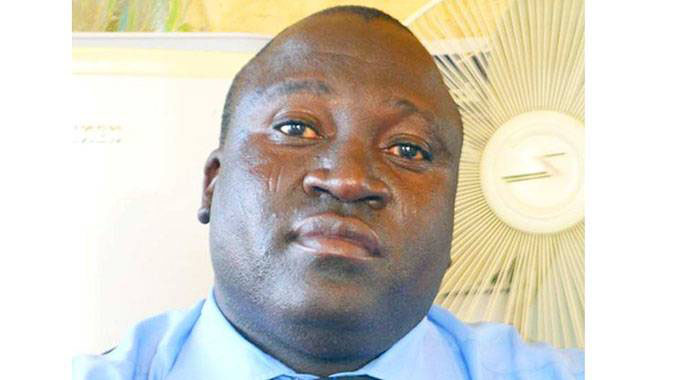Zim@44: Remembering women who lit Zimbabwe’s path to freedom

Innocent Mujeri-Correspondent
The resonant sounds of jubilation will soon echo through the air as Buhera, in Manicaland Province, prepares to host Zimbabwe’s Independence Day celebrations this year on 18April. The choice of Buhera is not just a geographical preference but a symbolic gesture to the unwavering spirit of our nation, a spirit significantly fortified by the role women played during our liberation struggle.
The liberation movement recognised early that the success of the war hinged not just on armed confrontation but on the political awakening of the masses. Women were pivotal on this subject, teaching the principles of freedom and justice across the villages.
Their role transcended the convention; it was not merely supportive but absolutely central.
They carried the burden of the struggle on their shoulders, nurturing the resistance that grew in every home.
It is these brave women, whose untold stories and sacrifices helped shape the course of our history, whom we celebrate today as much as we celebrate the birth of our nationhood.
The battles fought by female combatants, political mobilisers, educators, informers and caretakers weaved the resilient fabric of our freedom—a fabric that endures in the essence of our independence.
When ZANLA and ZIPRA adjusted their war strategies to increase interaction between freedom fighters and civilians, it allowed women to display their might.
As the Rhodesian forces underestimated their capacity, women leveraged this oversight to become transporters of arms, carriers of hope, and, eventually, formidable soldiers themselves.
The active participation of women in the armed struggle served as a significant force multiplier, broadening the spectrum of tactical possibilities available to the resistance. More than just numbers on the battlefield, their involvement brought a profound sense of inspiration and uplifted the morale of entire communities that were closely watching the unfolding events.
Among these courageous women, the late Sheba Tavarwisa stood out, occupying a distinguished position in the High Command.
Her story, emblematic of resilience and leadership, resonated deeply within the hearts of many. Tavarwisa’s unwavering stance against exploitation and her commitment to the cause exemplified the very essence of fortitude and integrity.
This was a reflection not only of her personal strength but also of the collective spirit that characterised the best aspects of our fight for sovereignty.
Through her actions and leadership, Tavarwisa became a beacon of hope and a source of inspiration, encouraging others to see in her a model of the resilience and determination necessary to challenge the status quo and strive for a just and sovereign future. Her legacy is a testament to the pivotal role that women played in our struggle, demonstrating that courage and leadership are not confined to the battlefield but are also found in the hearts and actions of those who dare to dream of a better world.
The inclusion of women in direct combat became a tipping point for the liberation movement. After the Chimoio attack, more women stepped forward not just in supportive roles but as frontline fighters. They worked alongside men, sharing equal risks and contributing equally to strategic victories.
The community’s perception shifted—if women could shoulder such responsibility, everyone could, and should, play a part in the struggle for liberation.
Beyond the battlefield, women played instrumental roles in education and health, laying the foundations of a new Zimbabwe.
They established schools and health facilities, ensuring the continuity of life and learning even amidst conflict.
Their efforts were not just about immediate survival but about building the future of a free Zimbabwe.
As Buhera sets the stage for our Independence Day celebrations, we reflect on the contributions of these heroic women, who include Buhera daughter Jane Ngwenya, Tavarwisa, Joice Teurai Ropa Mujuru, and many more, whose names should be spoken with reverence. Their actions during our darkest hours lit the path to freedom.
It has to be known by future generations that these women were not mere footnotes in our history; they were its authors. They penned chapters of courage, resilience, and hope that we must continue to read out loud. As we honour the past, we also acknowledge the present and the future’s continued struggle for gender equality and the empowerment of all women in Zimbabwe.
In a significant nod to the indispensable role of women in national development, the Second Republic under President Mnangagwa has showcased a renewed understanding and appreciation for the pivotal contributions women can and do make towards the progress of Zimbabwe. This realization is not just a nod to the legacy of yesteryear’s heroines but a firm acknowledgment of today’s women’s potential to drive change and foster growth across the nation.
President Mnangagwa, recognising the dynamic capabilities of women, has taken concrete steps by appointing several women to key positions within his administration, a move that signifies a progressive shift towards gender inclusivity and empowerment. Notable appointments include Honourable Oppah Muchinguri-Kashiri, serving as the Minister of Defence, showcasing a historic move as she takes on a traditionally male-dominated role. Additionally, Babra Rwodzi, appointed as the Minister of Tourism and Hospitality Industry, and Kirsty Coventry, leading the Ministry of Sport, Arts and Recreation, further exemplify the President’s commitment to integrating women’s leadership across diverse sectors.
These appointments are emblematic of the Government’s recognition of women’s capabilities and their integral role in shaping Zimbabwe’s development trajectory, signalling a promising step forward in achieving gender equality and empowering women to lead at the highest echelons of governance and society.
Furthermore, in Buhera, our celebrations transcend the typical boundaries of national festivity, evolving into a profound tribute to the remarkable women who have shaped our struggle for independence. These celebrations are not only about recognising the strategic and combative contributions of women who took up arms and engaged in the complexities of military strategies; they are equally about honouring the indomitable heart, spirit, and unwavering belief in the cause of freedom that these women embodied.
Their roles in our fight for sovereignty were as diverse as they were pivotal, ranging from the front lines of battle to the equally challenging terrains of logistics, intelligence, and community mobilisation.
These women, through their resilience and dedication, have etched their names into the very foundation of our nation, serving as enduring symbols of courage and the relentless pursuit of justice.
As Buhera prepares to stand as the heart from which we proudly proclaim our independence this year, it does so by embodying the spirit and legacy of these extraordinary women.
This location, chosen for its historical significance and symbolic resonance, serves as the perfect backdrop against which to reflect on and celebrate our collective journey towards freedom. It is in Manicaland Province that we are reminded of the sacrifices made and the victories won, not solely through martial might but through the strength of conviction and unity of purpose. Our celebrations are thus a declaration of our ongoing commitment to the ideals for which these women stood and a reminder that their spirit continues to inspire and guide us.
As we mark our independence, we do so with a deep sense of gratitude and reverence for the women who have been and continue to be pillars of our nation, embodying the resilience and hope that drive us forward.










Comments